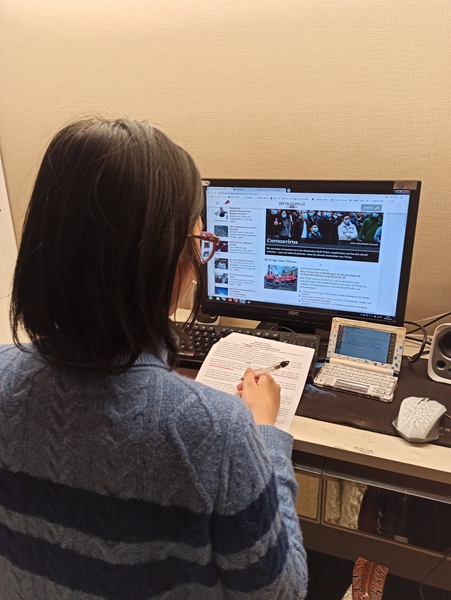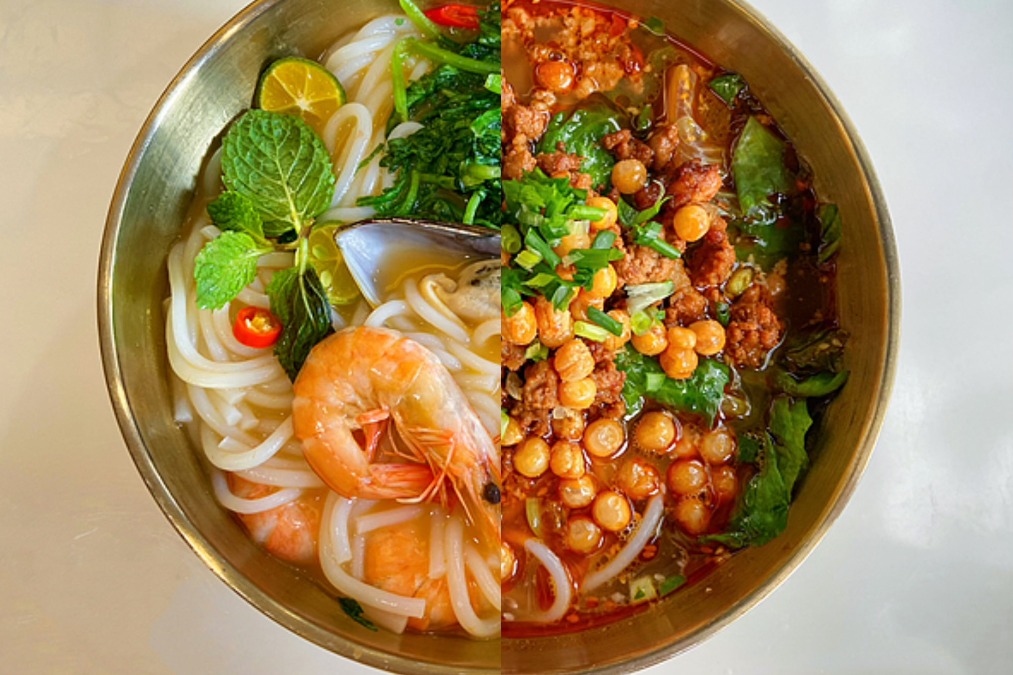Forming their world view


Learning on the job
Mo was invited by Tracey to join the team. To prepare for gaokao, the national college entrance exam, Mo spends an hour each day on the translation work-she starts at 5 pm, reading German news and translating the ones she thinks are informative.
She kept following news about the German passengers on the Diamond Princess cruise ship until they got back home. "It's the first time that I followed the news so closely," Mo says.
"Previously, I had rarely paid any attention to business news, such as manufacturing industry reports, or the import and export trade, but now I've learned more about the importance of China in the world economy.
"Reading the news is an opportunity for us to care about what's going on in other parts of the globe, and we all think it's an interesting thing to do," she adds. "Without the outbreak, we probably wouldn't have the chance to learn, for example, how Hamburg is dealing with the pandemic."
Later, more students majoring in German, and even people who live in Germany, joined the team. As a result, Mo noticed that the quality of the team's translation work has been getting better.
"My German has improved and, in our group, we can learn from each other. We are all friends now, even though we have never met," she says.
Tiaotiaogu, 18, a schoolmate of Tracey, is in the English team. She is applying for college, but the outbreak saw all the IELTS exams for February and March canceled.
"I want to major in biology, so there is a lot to learn about this coronavirus," she says.
The medical and economic terminology in the news is one obstacle that Tiaotiaogu has had to overcome. As well as discussing things with her editor, she also reads related news in Chinese.
"It's more than just translating English into Chinese, but also about transferring the information into wording that people can understand and to convey the exact message from the original news," she says.
Sarah, who is now studying in high school in Singapore, is responsible for the French language group.
She likes to dig up the stories that reflect French culture. Recently she translated an article about how French people are greeting each other without the famous cheek-to-cheek kiss during the pandemic.
"Most of us find news online, but there are some interesting stories in newspapers which are not always published online," she says.
Thanks to the volunteers who live in France, the French team can translate news from local newspapers.
Alice, 16, a student in Singapore, has been self-learning Japanese for four years. She is one of the seven volunteers in the Japanese group.
She keeps checking news about the Diamond Princess ship, the Tokyo Olympics and facial masks in Japan during her lunch break or at night after she finishes her daily homework.
Following the news from the different perspectives of various media outlets makes Alice realize that to analyze an issue, one needs to be objective and impartial.
She received a comment from a Japanese language teacher, asking for permission to use her translation as an example in a class because of its professionalism and accuracy.
"The comments from the readers make me feel that the work is worth it, and my parents support me doing this. My father once offered a suggestion, which we took, that we should vary the lengths of our articles to run not just long interviews and stories, but also short pieces of hard news," Alice says.
Tracey plans to major in philosophy in college and the running of the website has trained her to think independently and have the patience to find the facts from multifarious information. She is also getting more interested in journalism.
She wants to continue running the website, even after the crisis, collecting news about the follow-up influence of the coronavirus in different countries.
"We will sort the articles into different subjects and I hope it will become a platform for people to review the pandemic in the future and reflect on what could have been done better," she says.




































